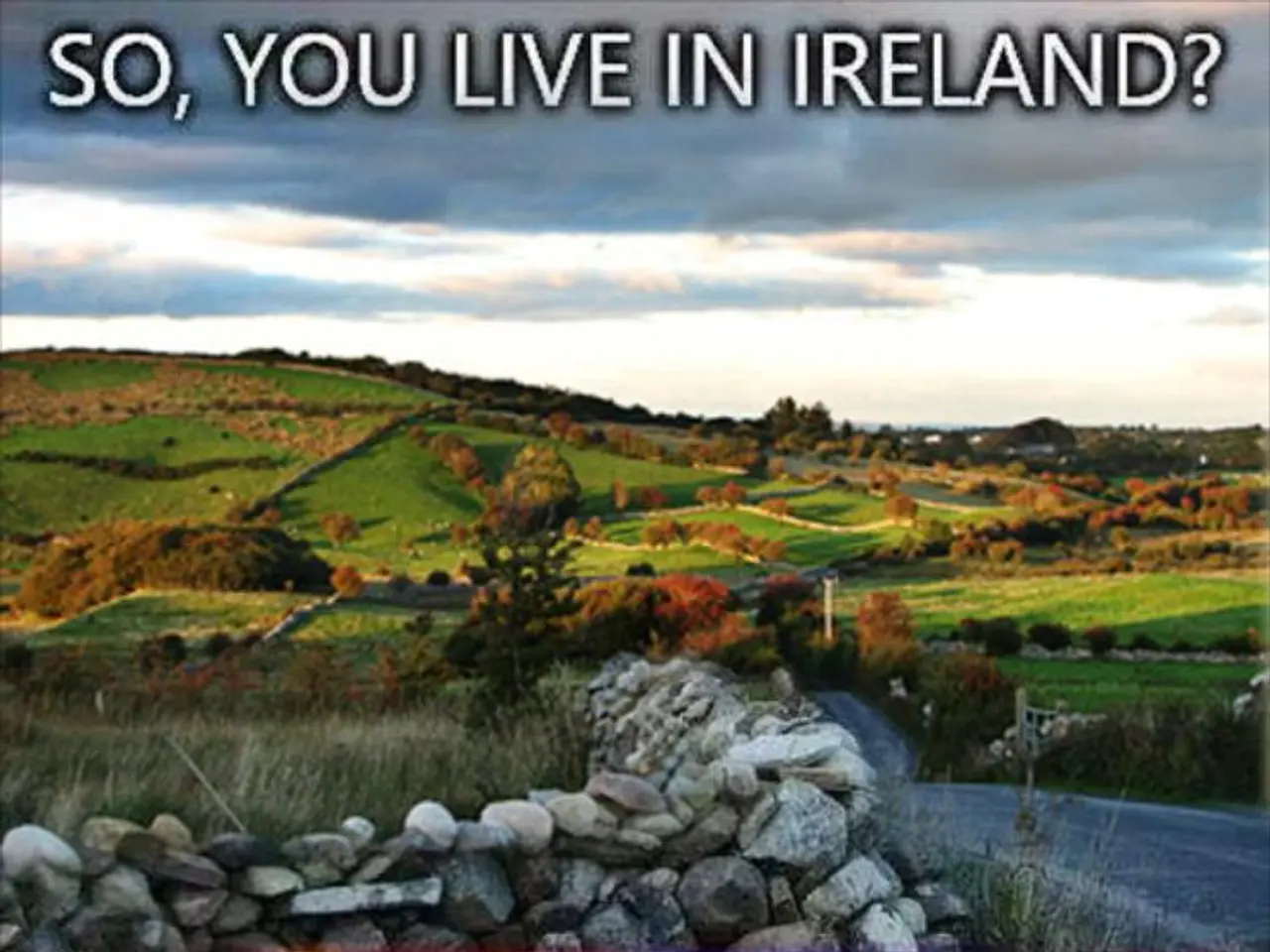Fires in Southern Europe claim at least 3 lives and force thousands to relocate.
Wildfires Ravage Southern Europe in 2025
A series of devastating wildfires have been sweeping across Southern Europe, causing widespread destruction and loss of life. The fires, which have been burning since late June, have been particularly severe due to record-breaking heatwaves and extremely dry conditions.
Firefighting Efforts
Residents in affected areas have been joining the effort to beat back the flames, using cut branches or buckets of water. Firefighters have been struggling to contain the blazes, with much of the recent effort concentrated on Montenegro and the capital Podgorica, as well as in the nature reserve outside Skopje, North Macedonia.
European countries have been actively battling the fires, with some receiving international support and cooperation given the scale of the disaster. The European Forest Fire Information System (EFFIS) and the Copernicus Emergency Management Service have been crucial for real-time monitoring, data sharing, and forecasting.
Impact and Casualties
The human toll of these wildfires has been significant. At least 23 people have died, including firefighters and civilians, and hundreds have been injured in countries such as Spain, Portugal, France, Cyprus, Turkey, and Greece.
Spain alone accounted for at least 4 deaths and had its worst wildfire season in over 30 years, burning around 400,000 hectares by mid-August. Portugal also suffered extensive damage with nearly 274,000 hectares burned early in the season, breaking previous EU records for area burned by this point in the year. Tens of thousands of evacuees have been reported, with large-scale evacuations especially in southern Spain and other Mediterranean areas.
International Aid and Response
The European Union has rushed aid to fire-stricken countries, including non-member states, with ground crews and water-dropping aircraft. Firefighting assistance is being sent to Albania from Athens, joining an international effort to combat wildfires.
In Turkey, since late June, the country has been battling severe wildfires, resulting in the death of 18 people, including 10 rescue volunteers and forestry workers. Services along a high-speed rail link between Madrid and Galicia were suspended due to wildfires nearing some sections of the tracks. Dozens of vehicles were scorched as flames swept through a nearby impound lot, and dozens of homes were gutted in a central region of Albania.
Causes
The primary cause of these wildfires is a record-breaking heatwave across Europe, especially in June and July 2025, creating extremely dry and hot conditions conducive to fire outbreaks. Other contributing factors include insufficient fire prevention measures, which are being investigated in Spain after some provinces saw devastating losses.
Authorities across Europe have cited multiple causes for the massive fires, including careless farming practices, improperly maintained power cables, summer lightning storms, and indications of arson, motivated by rogue developers.
Looking Ahead
Fire danger forecasts suggest easing conditions in southern Europe by late August, though heightened fire risks remain in northern and central Europe. Despite the challenges faced, the international community continues to work together to manage and contain these devastating wildfires.
[1] Associated Press. (2025, August 10). Wildfires ravage Southern Europe, killing dozens. Retrieved from https://apnews.com/article/europe-wildfires-albania-portugal-spain-greece-e5668b797b535499064c112eb356b413
[2] Associated Press. (2025, August 15). Wildfires in Southern Europe show no signs of abating. Retrieved from https://apnews.com/article/europe-wildfires-albania-portugal-spain-greece-e5668b797b535499064c112eb356b413
[3] European Forest Fire Information System. (2025, August 20). Wildfires in Southern Europe: Monitoring and forecasting. Retrieved from https://www.effis.eu/en/wildfires-in-southern-europe-monitoring-and-forecasting
[4] European Commission. (2025, August 25). EU aid to fire-stricken countries in Southern Europe. Retrieved from https://ec.europa.eu/commission/presscorner/detail/en/IP_25_3375
[5] United Nations Office for the Coordination of Humanitarian Affairs. (2025, August 30). Wildfires in Southern Europe: Humanitarian situation and response. Retrieved from https://www.unocha.org/wildfires-in-southern-europe-humanitarian-situation-and-response
- The devastating wildfires in Southern Europe have sparked discussions in environmental science about the impact of climate-change on wildfire frequency and severity.
- The wildfires in Southern Europe have caused a disruption in general news, with several countries issuing emergency alerts and calls for immediate firefighting assistance from the international community.
- As the wildfires in Southern Europe continue to burn, some regions are facing a potential legal battle over liability for the destruction, as authorities investigate the causes and potential negligence in fire prevention measures.
- In response to the ongoing wildfires in Southern Europe, many countries have called for increased investment in scientific research to better understand the links between climate-change, policy decisions, and the occurrence of wildfires in Europe and around the world.








